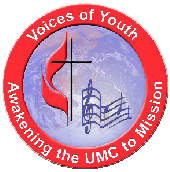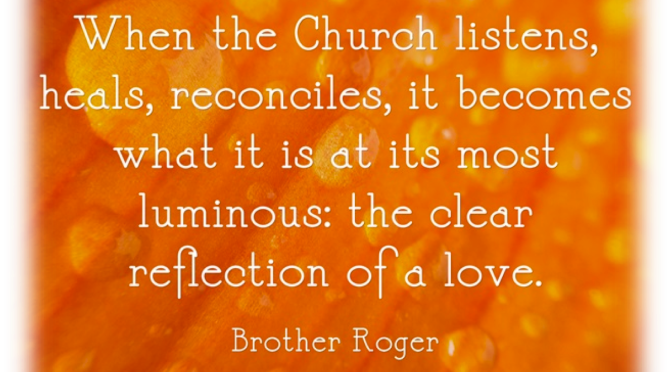“I’m not going back. I’m moving ahead, here to declare to you: My past is over.”
In the context of the song “Moving Forward,” that line is full of the hope of becoming a new creation in Christ. But out of context, it could be the sad acceptance of a forced change. “I can’t go back. I’m moving ahead now because that’s all I can do. My past is over, and I can never return.”
I’m a preacher’s kid, and I’ve had my fair share of moves. As I start my senior year in college, this will be the first time I have ever attended a school for 4 consecutive years.
I visit my grandma a lot, and one time I brought a friend. We wandered around my first church while Grandma was in choir practice. I last attended that church at somewhere around 10 years old, so the proximity of the ceilings continually surprised me. Classrooms were rearranged, the nurseries actually switched places, and there was an elevator that might have been there the whole time but I sure don’t remember it. Really though, the ceilings are the craziest part because they used to seem impossibly high.
The world changes around us, and we change. There are no static characters in reality.
Voices of Youth has changed quite a bit since my first tour in 2008, and so have I. Nothing really stays the same, does it? I remember attending a concert in 2011 and sobbing because I wasn’t up there with the choir. This summer is the first year since then that I have not traveled with the group. Last night, my church hosted the choir and once again I almost cried during the concert …because I could see how I and other earlier people had impacted the way Voices of Youth does things and how some of the girls I knew before Voices had changed, and I could catch a glimpse of the amazing women they will become. People who are no longer with the group were present in the concert through gifts they had shared during their years and through siblings and others they had taken under their wings or friends they had invited to apply. Even the founder, Jim Perry, was present through alumni who traveled with the choir during his years, alumni who were so impacted by the experience that they made sure their children and their congregation would be able to share it.
I caught a glimpse of one of the traditional activities the group does during the tour, and I know they have some more traditions to come. These moments were not part of the original choir; mostly they were added sometime during the 90s or early 2000s, and some have changed since then. I know one that is probably the most beloved in this generation of the choir was added as recently as 2009 (or maybe it was 2010, I’m not sure.)
Things change, but they stay the same. Two people become best friends in one day, and they’re different people every day after that, but they’re still best friends. A ministry can adapt to different generations and personalities. It might adapt so much that it’s barely connected to the thing that started it. But if it continues to do what God has called people to do in today’s world, then it’s doing exactly what it has always been about.
We’re not going back. We’re moving ahead. We declare to you, the past is over. In God, all things are made new, and we are moving forward.



